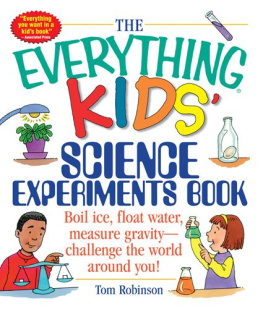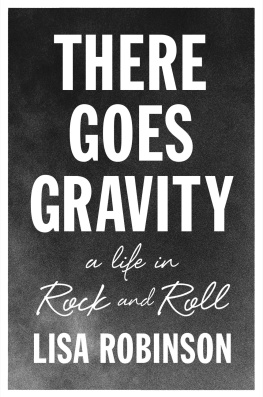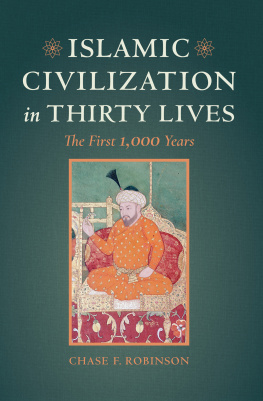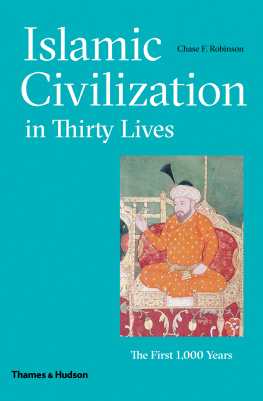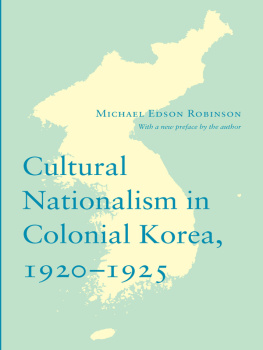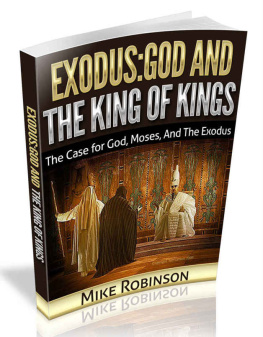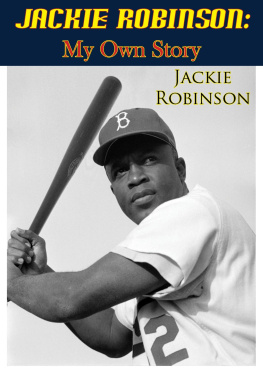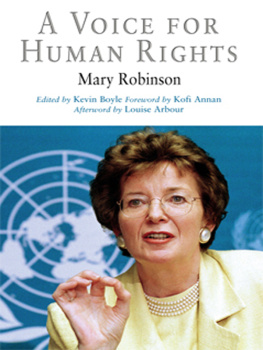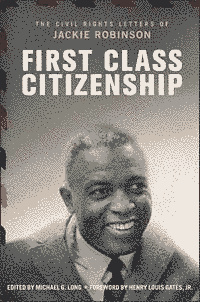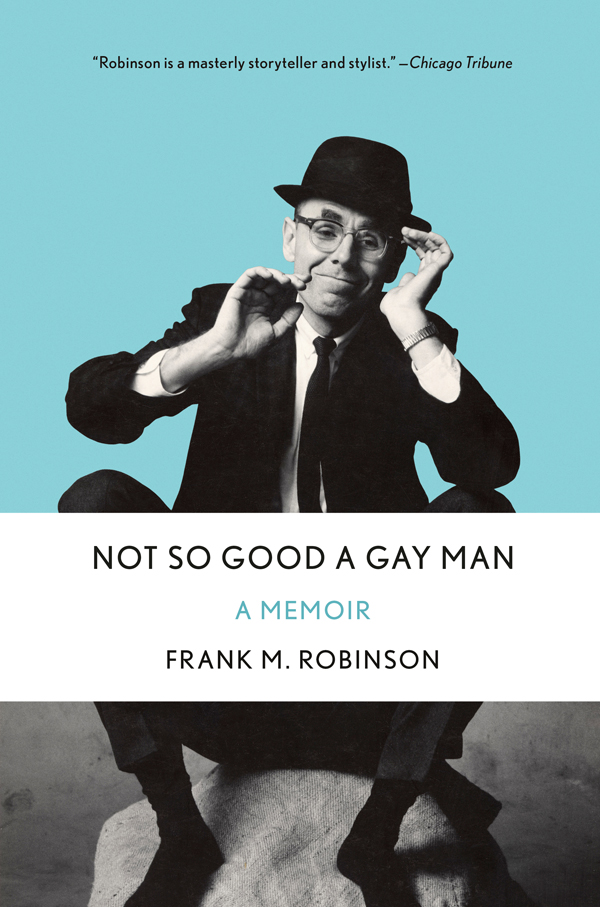Contents
Guide

The author and publisher have provided this e-book to you without Digital Rights Management software (DRM) applied so that you can enjoy reading it on your personal devices. This e-book is for your personal use only. You may not print or post this e-book, or make this e-book publicly available in any way. You may not copy, reproduce, or upload this e-book, other than to read it on one of your personal devices.
Copyright infringement is against the law. If you believe the copy of this e-book you are reading infringes on the authors copyright, please notify the publisher at: us.macmillanusa.com/piracy.
For Craig, Eric, Tom, David, Ron, Steven, and others of the 636,000 who died of AIDS because their government didnt give a damn.
Richard C. Leo died in a car crash driving from Anchorage to Talkeetna the day before Christmas Eve 2013. He moved to Alaska thirty years ago, a land he came to love; married and raised his kids there. Recently he heard of a corporation planning on building the largest dam in North America in the middle of the Denali preserve, the last untrammeled wilderness in the United States. Rick rallied the opposition, wrote articles and gave speeches against it, and pressured the politicians who could do something about it. He won. The dam has been postponed for a year and theres doubt it will ever be built. Rick was an editor, a writer, and, in the best sense of the word, a rabble-rousera latter-day muckraker.
For the editors and writers who may read this: Richard Leo was one of you and attention must be paid.
If you dont know who you are, perhaps youve forgotten who you were.
Harry Happening
BOB:
This is going to be a very long letter. I wanted to write it so you would know what it was really like to be a gay man before and after Stonewall and today, when same-sex marriage had become the law in California and a number of other states.
My mother was a saintmost mothers are, but my mother really did deserve sainthood in the pantheon of mothers. She had to divorce her husband after 1929, the start of the Great Depression, which left her alone with three children. Another marriage was probably the way to go, but during the Depression a single woman with three boys was not a hot marriage prospect.
She finally married a man who had a job at a bank and made real (though not much) money, which in the Depression made him golden. He had two sons of his own so it was a marriage of convenience for both of them. She would keep house for her husband and five boys, cook the meals, do the dishes and the laundry, make the beds, and sleep with a man she didnt love.
If she wanted to keep her family together, she didnt have much choice.
Her background was hardly a bed of roses. She had been abandoned by her mother and adoptednot legallyby a retired opera singer, Grandma Edmonds, and her partner, Clara Mae Leighton. Miss Edmonds taught singing, Clara Mae the trumpet. My mother did the housework.
At seventeen, when she reached the age of awareness and began to suspect the nature of the relationship between Edmonds and Leighton, they married her off to a charming Canadian named Raymond Robinson. He was, probably, the first man she had ever fallen in love with. (Back then, at seventeen, a girls experience with the opposite sex was usually not all that great.)
Happy ending, right? Not quite. Robinson was an improvident bastard and couldnt take care of his family. He fancied himself an artist and tried to make a living painting portraits of people based on their photographs. He wasnt very successful at it and my mother had to cook our meals over the gas jet in the living room.
Robinson tried to augment his income by visiting the local golf course, where my oldest brother was a caddy, and confiscating his earnings. Eventually he started forging the names of family friends on checks. A deal was struck: my mothers friends wouldnt press charges provided he went back to Canada so my mother could get a divorce on grounds of desertion.
Fortunately two of my mothers closest friendsDorothy Hall, my Aunt Dorothy, and her partner, Claudiaworked for the Institute of Juvenile Research in Chicago. They got my mother a job as a matron in the Lawrence Hall Home for Boys. Part of the deal was that she would work for next to nothing and the Hall would take in her children. The important advantage was that she would be close to her kids.
Except me. I was only three years old, and Mr. Houck, who ran the Hall, told my mother that he wouldnt take me in until I learned how to tie my shoelaces. I was farmed out to a family named the Bonifoys, and my mother would visit every Sunday and give me lessons in the mysteries of shoelace tieing.
I remember very little about my life with the Bonifoys except for one night when I stopped to admire myself in a full-length mirror, a skinny little boy in a nightgown that came down to his ankles.
I didnt sleep in my own bed. I slept with the Bonifoys in theirs.
When the day came that I mastered the art of knotting shoelaces, my mother took me to the Hall. I was the youngest boy there but there were lots of other boys around and I could see my mother whenever I wanted. One time I hid in her room to surprise her when she came off duty. She started to change out of uniform and for the first (and only) time I saw my mother nude.
Four years old is much too young to see your mother naked.
At the Hall all us boys slept in a big dormitory where the rule was that we should sleep with our hands on the outside of the blankets. It was years before I figured out the reason for this requirement.
Nobody had much money during the Depression, least of all the Hall, and we ate day-old scraps. The Hall had a small truck that went around to the grocery stores to pick up any unsold produce. The findings would be spread out on a long table in the dining room, and the matrons would pick out anything that was edible. (Grocery stores back then didnt have their produce spread out on racks with overhead sprinklers to keep things fresh.)
One of the best attractions about the Hall was that one Saturday afternoon a month during the summer theyd line us up and march us down to the local theater. We would see a double feature, maybe two serials and half a dozen cartoons, and were given a candy bar. My favorite films were Frankenstein and King Kong . Theyre still among my favorite movies, though back then they gave me nightmares.
It was the theaters contribution to charitythey made money on Bingo nights and those nights when they gave away free dishes.
I saw my father again only once. One day I was called into the Halls library and introduced to a rather stocky man. He didnt seem any more curious about me than I was about him. I was the last of the litter, and considering the tight finances of the family at the time, I might have been a mistake. The firstborn is always the one parents ooh and aah about, and the second is insurance to make sure the first wont become spoiled. The third is frequently an afterthought. Few parents pay much attention to himthe kid is usually left to raise himself.
A girl might have made a differencebut another boy?
Much later I realized as far as I was concerned my father had functioned as nothing more than a sperm donorhe might as well have been the milkman. The meeting in the Hall was the last time I would see him. But it wouldnt be the last time I had contact with him.
I didnt see much of my brothers at the Hall, and it wasnt until my mother remarried and set up a private household for the family that I got to know my brothers better. Red (for his hair) was eight years older than I and five more than Mark. As the oldest, Red became something of a father figure, more so for Mark than for me, though I always felt indebted to him for teaching me how to ride a bicycle, trotting behind me as I pumped the pedals and making sure I wouldnt fall. When he got married, he more or less abandoned the family. Mark never forgave him. On the other hand, Mark and I were fairly close and made the perfect pairhe was a bully and I was a snitch.


